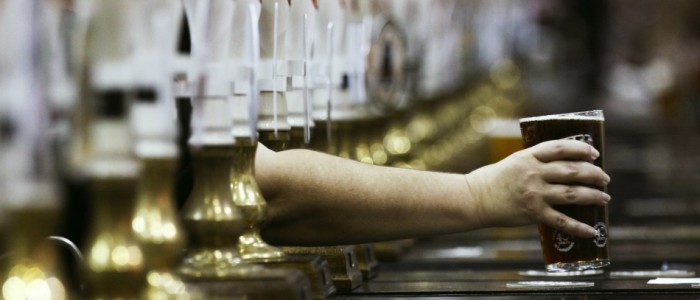The state of the current UK Beer Market
According to Breweries & the Beer Market, a new Market Report from market intelligence provider Key Note, the beer industry is well-established within the UK and is widely considered an intrinsic part of UK culture. The report analyses the UK’s beer and breweries industry in detail, examining the impact of changing social and economic trends on this long-established industry.
The UK’s beer market contains a wide range of different products, including ales, stouts, bitters and lagers.
The UK’s lager sector is almost entirely dominated by multinational companies and only a handful of lagers are produced by small, independent brewers. Lager is also the most popular type of beer. Production of ale is much more fragmented, with many ales, stouts, bitters and other ‘non-lager’ products brewed by smaller brewers. These may range in size from tiny, two-person micro-breweries to large regional brewers Greene King and Marston’s.
Beer is an integral part of UK culture and tradition, and the future of brewing is essentially safe. The industry faces many tough challenges, however, as this Market Report discusses. Volumes sales of beer have been declining for years, particularly sales made through ‘on-trade’ outlets such as pubs and bars. The uncertain economic context, high taxes, pub closures and growing concerns about the impact of heavy drinking on health and communities have all caused sales to drop.
Apart from the ingrained popularity of beer and pubs, the market does have other strengths. Most notable is the current boom in craft beers and micro-brewing. This has helped to raise the profile and increase the popularity of ales, recruiting many new fans in the process. Welcome relief came to the whole industry in April 2013 when it was announced in the Budget that the controversial tax escalator — which has seen duty increase by a cumulative 42% since 2008 — was to be cut.
Key Note predicts small but steady growth for the industry in the future, with an overall growth of 2.6% between 2013 and 2017.


Comments are closed.